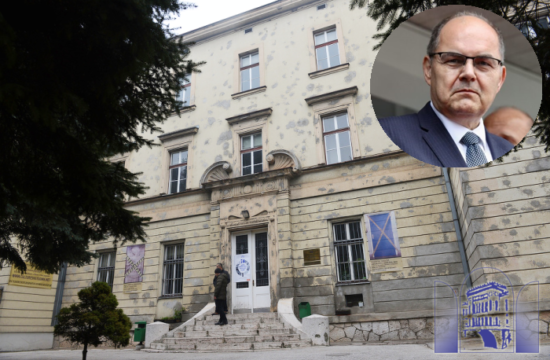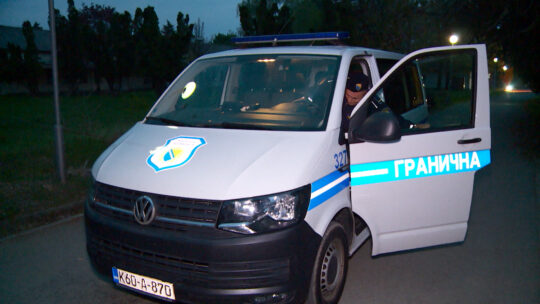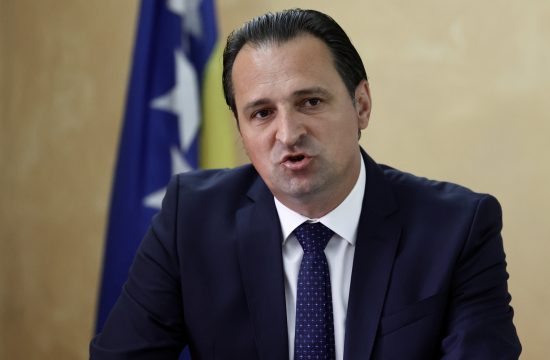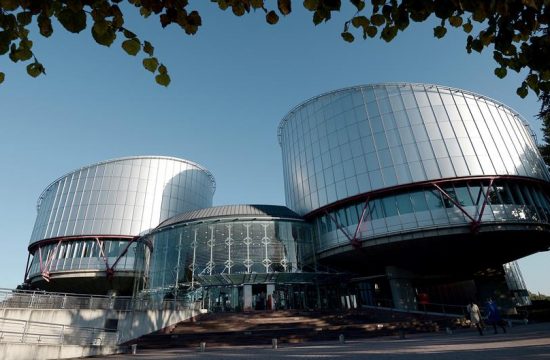
Serbian President Aleksandar Vucic expressed concerns, Friday, regarding the situation in Bosnia, especially because the country was one of the topics of the Munich Security Conference, adding that he will talk about it with Bosnian Serb leader and Presidency member Milorad Dodik and President of the Serb-dominated Republika Srpska entity in the country, Zeljka Svijanovic, on Saturday.
“Regarding tomorrows meeting, Bosnia was one of the topics here. It seems to me that people here were most concerned with the situation in Bosnia and Herzegovina, they were even more concerned about Bosnia than the Belgrade-Pristina dialogue. I'm worried and I'll discuss it all with ‘Mile’ and Zeljka’ and we'll decide what to do next,” Vucic told the Serbian State television RTS from Munich where he attended the Munich Security Conference.
The MSC is an annual conference on international security policy. It is the most important forum for the exchange of views by international security policy decision-makers.
Vucic said that a meeting with Dodik and Cvijanovic had been arranged earlier, before the decision of the Constitutional Court in Bosnia and Herzegovina on RS Law on Agricultural Land and the Law on Inland Navigation, adding that he would hear their opinion on the matter.
On Wednesday, the authorities of the Serb-dominated Republika Srpska (RS) entity announced they would not take part in the decision-making process at the state level. The reason for this was the Court's decision regarding the appeal of several Bosniak MPs in the RS who appealed against the RS Law on Agricultural Land and the RS Law on Inland Navigation, stating that the RS is usurping state competencies and taking the land which belongs to the state.
The Court ruled in favour of the Bosniak MPs’ motion, declaring several articles from those laws unconstitutional.
Following the signing of the Dayton Peace Agreement which ended the 1992-1995 war in Bosnia, the country was subdivided into two semi-autonomous entities – the Bosniak-Croat shared Federation and the Serb-dominated Republika Srpska. Each entity has its own competencies and parliaments and each entity makes its own laws which must be in line with the state Constitution.




